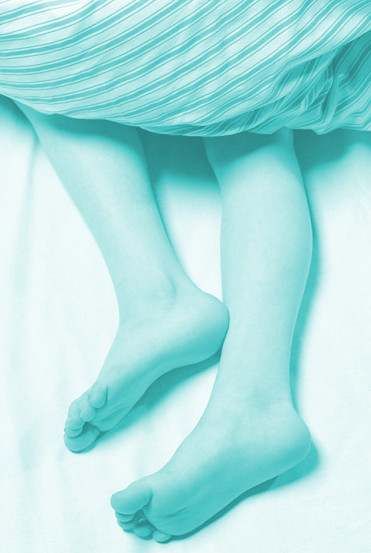Kids' COVID consumption studied
 A new study finds many aspects of teens' lifestyles became more unhealthy during COVID-19.
A new study finds many aspects of teens' lifestyles became more unhealthy during COVID-19.
The University of Sydney has examined how young people’s health behaviours changed over a two-year period encompassing the COVID-19 pandemic finds both pros and cons.
Australian teens had overall improvements in sleep over the two years and some improvements in dietary choices during lockdown, however these were offset by increases in already concerning levels of screen time and worrying trends of alcohol use and poor sleep among girls.
The research drew on self-reported longitudinal survey data from 983 Australian adolescents (average age 12.6 years at baseline) enrolled in the Health4Life Study.
It analysed data over a two-year period from before (2019) to during the COVID-19 pandemic (2021) – looking at the ‘Big 6’ health behaviours: diet, physical activity, recreational screen time, sleep and alcohol and tobacco use.
The researchers also examined if differences over time were associated with gender and lockdown status across three Australian states - New South Wales, Queensland and Western Australia.
They found that compared to pre-pandemic levels, there were increases in the prevalence of excessive recreational screen time (86 per cent to 94 per cent), insufficient fruit intake (20 per cent to 30 per cent), and increased alcohol (2 per cent to 10 per cent) and tobacco use (1 per cent to 4 per cent). Overall, the prevalence of insufficient sleep decreased over the two-year period (by 26 per cent), regardless of lockdown status.
Being in lockdown was associated with improvements in sugar sweetened beverage consumption (39 per cent lower than those not in lockdown) and discretionary food intake (27 per cent lower than those not in lockdown).
For females, there was an increase in the prevalence of insufficient sleep (24 per cent higher than males) and alcohol use (134 per cent higher than males).
The researchers note that the increase in alcohol and tobacco use remained relatively low and was expected over time as the cohort aged, however, the greater increase in alcohol use among females was unexpected.
Although the prevalence of insufficient physical activity and insufficient vegetable intake did not change over time, nor were there differences based on lockdown status, these behaviours remain concerning, with 82 per cent not achieving 60 minutes of moderate-to-vigorous physical activity per day and 84 per cent not eating the recommended five serves of vegetables per day.
“The full extent of the impact of the pandemic on children and young people is being recognised internationally. This study is the first to examine those impacts on Australian teens,” said researcher Professor Maree Teesson.
“We need a COVID recovery plan – as proposed by Australia’s Mental Health Think Tank - that helps our young people get back on track for a healthier future.”
“Supporting young people to improve or maintain positive health behaviours is important. Research such as this can help us start to understand the interplay between health behaviours and mental health to ensure we provide targeted interventions to those who need it the most.”
The full study is accessible here.








 Print
Print